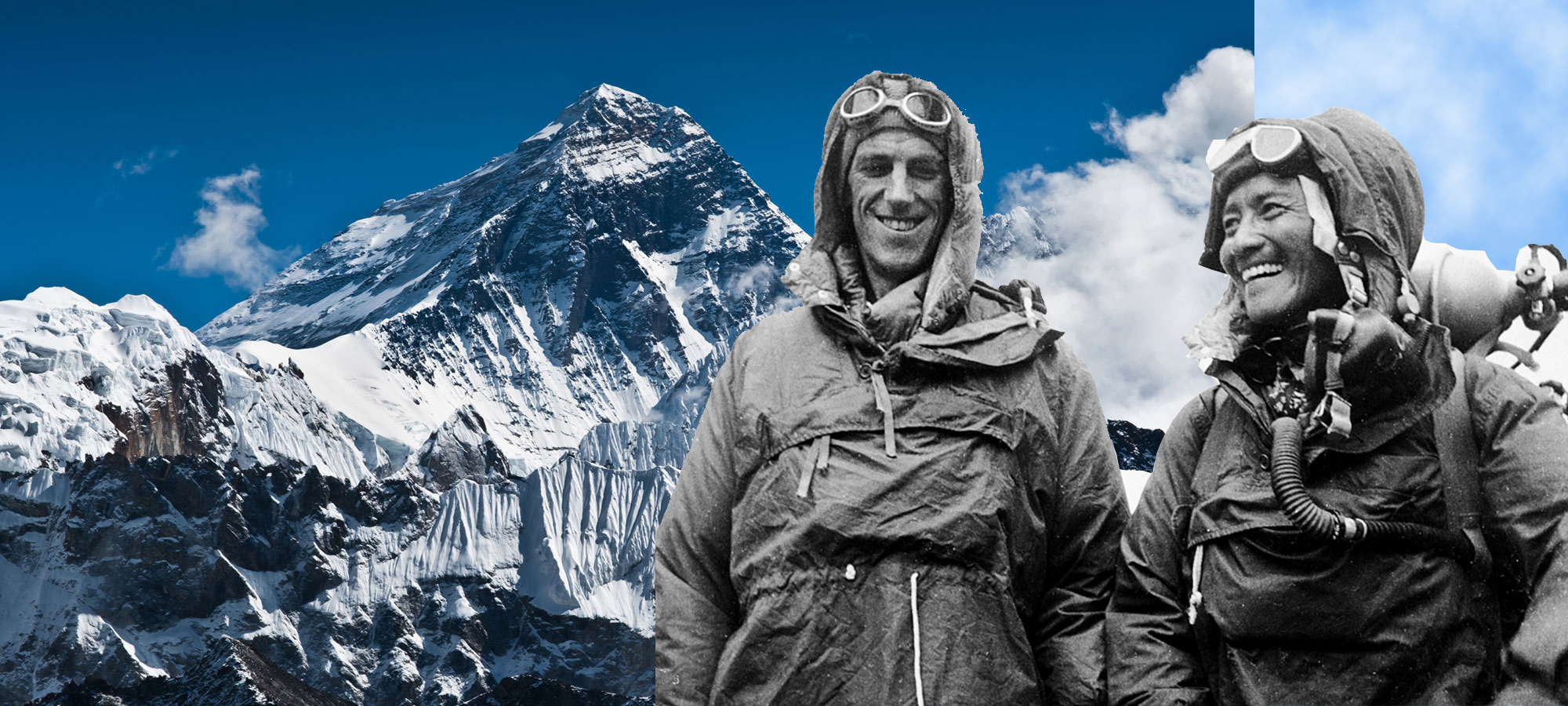Cultural Significance of Mount Everest: Where Spirituality Meets Summit Aspirations
The Spiritual Importance of Everest in Local Cultures and Religions
Mount Everest, beyond its towering physical presence, holds profound spiritual significance in the hearts and minds of the local cultures nestled in its shadow. For the people of Nepal and Tibet, Everest is more than a geological marvel; it is a sacred icon, a manifestation of the divine, and a conduit to the heavens.
In Hinduism, Everest is revered as "Sagarmatha," meaning "Goddess Mother of the World." The mountain is believed to be the dwelling place of the goddess and is intricately woven into the fabric of Hindu cosmology. Devotees view Everest not merely as a physical peak but as a spiritual realm where the divine and earthly realms converge. Pilgrims from far and wide undertake arduous journeys to the Everest region, seeking blessings and spiritual fulfillment.
In Tibetan Buddhism, Everest is known as "Chomolungma," meaning "Goddess Mother of the Universe." The mountain holds a central place in Tibetan religious lore, often depicted as the abode of deities and revered spiritual masters. Monasteries in the region, such as Tengboche Monastery, play a crucial role in preserving and perpetuating the spiritual traditions associated with Everest.
The confluence of these spiritual beliefs creates a unique atmosphere in the Everest region, where the air is infused with a sense of reverence and mysticism. Climbers and trekkers embarking on journeys to the summit often find themselves immersed in a spiritual landscape, where the pursuit of adventure is intertwined with a deep respect for the sacred.
Sherpa Traditions and Their Integral Role in Expeditions
Central to the cultural tapestry of Everest are the Sherpas, an indigenous community with deep roots in the Himalayas. The word "Sherpa" has transcended its literal meaning ("eastern people") to symbolize a community of mountain experts and guides renowned for their resilience, expertise, and spiritual connection to the mountains.
Sherpas have been integral to Everest expeditions since the early days of exploration. Their unparalleled knowledge of the terrain, unmatched mountaineering skills, and innate understanding of the mountains make them indispensable partners for climbers attempting the ascent. Beyond their role as guides and climbers, Sherpas also bring a rich cultural heritage to the Everest experience.
Sherpa traditions are steeped in a reverence for nature and the mountains. The mountains are not merely physical entities to Sherpas; they are living deities to be respected and appeased. Before embarking on expeditions, Sherpas perform elaborate rituals, seeking the blessings of local deities for a safe journey. These rituals, often held at sacred sites along the trekking routes, reflect the deep spiritual connection that Sherpas maintain with the mountains.
The Sherpa culture places a premium on community, cooperation, and the well-being of all involved in an expedition. The sense of camaraderie among climbers and Sherpas fosters an environment where success is a collective achievement, and the mountain is approached with humility and gratitude.
As we delve into the cultural significance of Mount Everest, we witness a convergence of spirituality and adventure, where the aspirations of climbers echo against the backdrop of ancient beliefs. Everest is not merely a summit to conquer; it is a sacred space where cultures intertwine, and the pursuit of the summit is imbued with a sense of reverence for the natural world and the traditions that have flourished in its shadow for centuries.

Comments
Post a Comment
If you have any doubts. Please let me know.